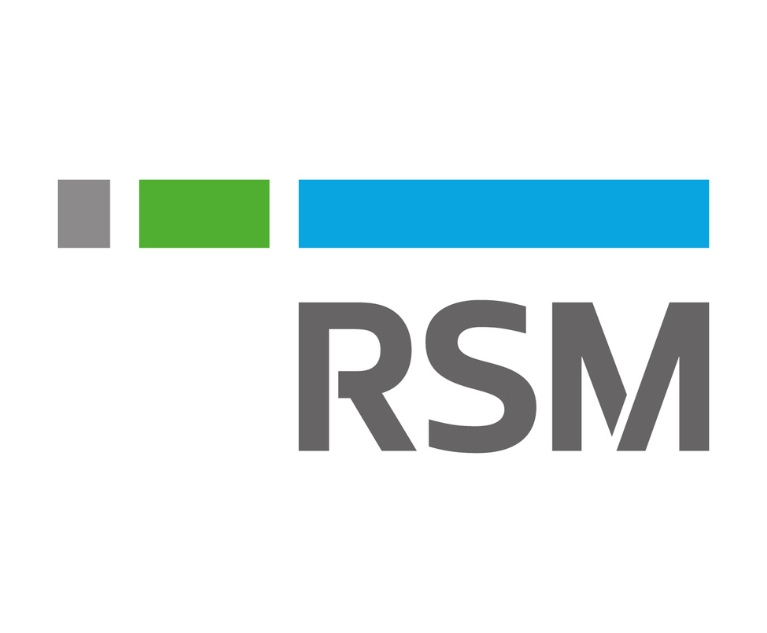
RSM's Middle Market Sustainability Survey 2024 shows that middle market businesses in the United States and Canada are making strides to adapt to recent or forthcoming sustainability regulations, even while some final rules have yet to be determined, new survey research from RSM finds. Moreover, these companies acknowledge that meeting sustainability requirements in an evolving regulatory landscape requires outside help.
To continue reading, become an ALM digital reader
Benefits include:
- Authoritative and broad coverage of the business of consulting
- Industry-leading awards programs like Best Firms to Work For, Global Leades and Rising Stars
- An informative newsletter that goes into the trends shaping the industry
- Critical coverage of the employee benefits and financial advisory markets on our other ALM sites, BenefitsPRO and ThinkAdvisor
Already have an account? Sign In Now

